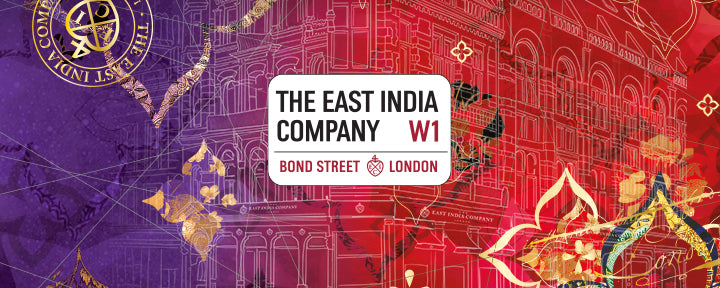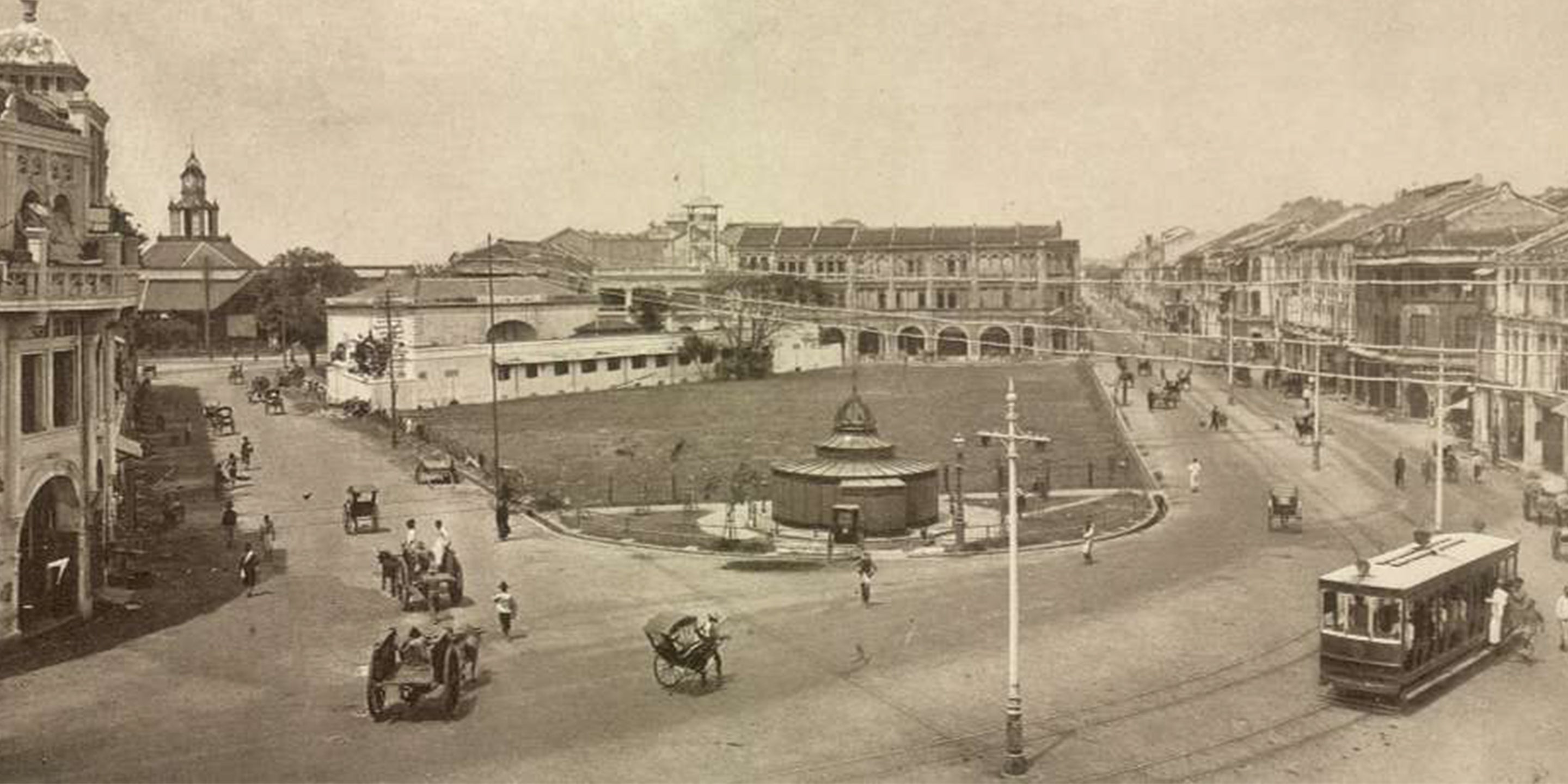A Brief History of Raffles Singapore: The Signing of the Treaty on February 6, 1819
Raffles Singapore is a name synonymous with the history of the city-state. It is named after Sir Stamford Raffles, the British East India Company officer who established a trading post on the island in 1819. The history of Raffles Singapore begins with the arrival of Sir Stamford Raffles and the signing of a treaty with Sultan Hussein and the Temenggong on February 6, 1819.
In 1819, the British East India Company was seeking a new location to establish a trading post in the region. Sir Stamford Raffles, a British administrator, saw the potential of the island of Singapore and its strategic location at the crossroads of trade between China and India. On January 28, 1819, Raffles landed in Singapore and began negotiations with Sultan Hussein and the Temenggong to establish a trading post on the island.
On February 6, 1819, Raffles signed an official treaty with Sultan Hussein and the Temenggong, which allowed the British East India Company to establish a trading post on the island and to use it as a base for their operations in the region. In exchange, the British agreed to provide protection and support to the Sultan and the Temenggong. On the same day, the Union Jack was officially hoisted in Singapore, symbolizing the British presence on the island.
The establishment of Raffles Singapore marked the beginning of British rule in the region. The trading post quickly grew into a bustling port and a center of trade and commerce. The island became an important stop on the trade routes between China and India, and its prosperity attracted a large number of immigrants from the region.
Over the years, Raffles Singapore has undergone significant changes, but its history and its legacy have remained a part of the city-state's identity. Today, Raffles Singapore is a modern, vibrant city that continues to be a major hub of trade and commerce in the region.
The signing of the treaty on February 6, 1819, marked a significant moment in the history of Raffles Singapore. It marked the beginning of British rule and the transformation of the island into a major hub of trade and commerce in the region. The legacy of Raffles Singapore remains an important part of the city-state's history and identity.




 Ceylon / Sri Lanka
Ceylon / Sri Lanka Assam, India
Assam, India Japan
Japan Taiwan
Taiwan Nepal
Nepal China
China Kenya
Kenya Egypt
Egypt South Africa
South Africa


